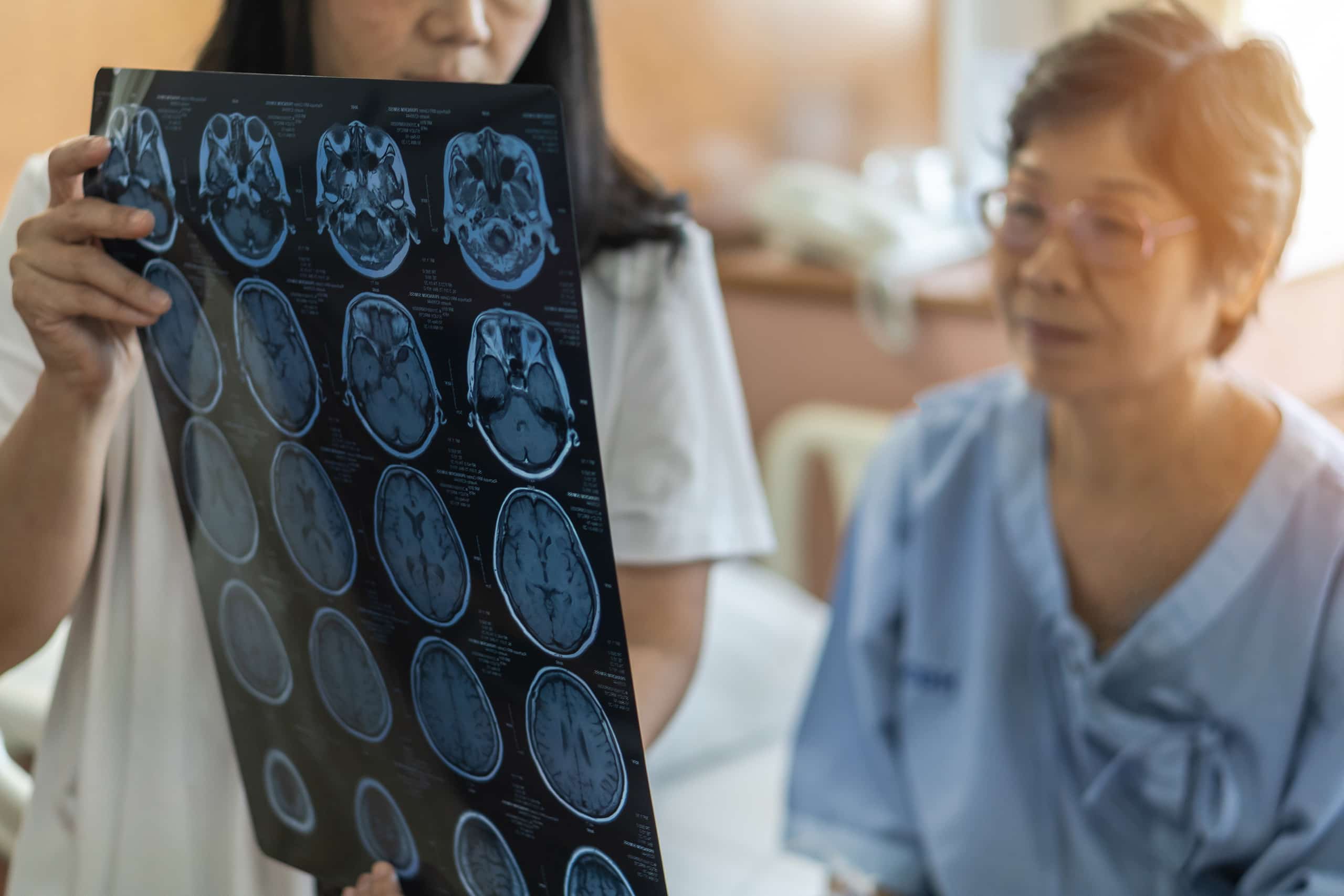Functional Neurological Disorder (FND) is one of the most misunderstood conditions in modern neurology. Its symptoms are real and often life-altering, even when traditional brain scans show no visible abnormalities.
At Neurotherapeutix, we recognize the neurological basis of FND and offer advanced diagnostic tools and treatment options that go beyond conventional care.
In this blog, we’ll explore what FND is, how it’s diagnosed, and how fMRI-guided TMS therapy may support recovery for those living with this complex condition.
What is Functional Neurological Disorder (FND)?
FND refers to a group of neurological symptoms that present without identifiable damage to the brain’s structure.
These symptoms, ranging from movement difficulties to seizures, are caused by functional disruptions in how the brain sends and receives signals.
The result? Real physical and cognitive symptoms that interfere with daily life.
How FND Differs from Other Neurological Conditions
Unlike neurological diseases caused by injury or degeneration, FND is a condition that arises from network-level miscommunication within the brain.
FND is not a sign of faking, weakness, or psychological instability. It’s a disorder of function, and with the right tools, brain function can be restored.
Common Functional Neurological Disorder Symptoms
FND symptoms can vary significantly but often include:
- • Limb weakness or paralysis.
- • Functional tremors or abnormal movements.
- • Non-epileptic seizures (also called dissociative or psychogenic seizures).
- • Speech or swallowing difficulties.
- • Balance issues or dizziness.
- • Cognitive fog and chronic fatigue.
Symptoms may come and go, and many individuals struggle for years without a clear diagnosis or effective support.
What Causes Functional Neurological Disorder?
A combination of factors typically causes FND. These may include:
- • A triggering event such as illness, injury, or trauma.
- • Emotional stress or psychological strain.
- • Pre-existing vulnerabilities in brain connectivity or emotional regulation.
These events can lead to maladaptive changes in the brain’s functional networks, disrupting motor, sensory, and cognitive processes even in the absence of visible, structural damage.
Tools and Tests Used for FND Diagnosis
Diagnosis is made based on clinical signs and validated criteria.
Positive diagnostic signs (such as Hoover’s sign for limb weakness) help distinguish FND from other neurological conditions.
Imaging studies may rule out structural causes but often appear normal.
At Neurotherapeutix, we take diagnosis seriously, leveraging both clinical expertise and functional neuroimaging to gain a precise understanding of each patient’s unique brain function.
Treatment Options for Functional Neurological Disorder
Many FND treatment plans begin with physical therapy, occupational therapy, and cognitive-behavioral therapy (CBT).
These approaches help re-establish standard movement patterns, improve self-regulation, and reduce the impact of stress on symptoms.
Limitations of Standard FND Treatments
For many, therapy alone doesn’t fully resolve symptoms, especially when brain network dysfunction remains active.
Some patients also struggle with the stigma of an “invisible” disorder, which can worsen symptoms and reduce treatment engagement.
Emerging Approaches to Managing FND
Recent advances in neuroscience are expanding the therapeutic toolkit.
Novel approaches include:
- • Trauma-informed therapy models that address early-life stress and emotional regulation.
- • Mind-body interventions including neurofeedback and mindfulness-based cognitive therapy.
- • Functional neurorehabilitation, combining physical retraining with behavioral therapy to rewire maladaptive neural patterns.
These emerging therapies reflect a growing understanding that FND is a neurobiological condition, not psychological in origin, and therefore requires treatment approaches grounded in neuroscience.
This evolution in care has led researchers and clinicians to explore brain-directed therapies like transcranial magnetic stimulation (TMS) as a promising next step.
In fact, a 2020 trial published in the National Library of Medicine notes that preliminary findings suggest that TMS may ease symptoms of FND, beyond movement-related presentations.
This study found that around 10% of individuals with FND improved following TMS treatment, affirming the need to explore this promising intervention further.
Can TMS Help Functional Neurological Disorders?
Transcranial Magnetic Stimulation (TMS) is a non-invasive neuromodulation technique that uses magnetic pulses to target specific brain circuits.
While TMS is FDA-cleared for depression and obsessive-compulsive disorder, its potential application for FND is an area of active clinical research.
At Neurotherapeutix, we take this a step further with fMRI-guided TMS therapy. This advanced method allows us to precisely identify and stimulate dysfunctional brain networks contributing to FND symptoms—whether motor, sensory, or cognitive.
Why TMS may benefit FND clients:
- • TMS may help restore normal communication between misfiring brain regions.
- • It supports neuroplasticity, enabling the brain to relearn more adaptive patterns of function.
- • It is non-invasive and well-tolerated, with minimal side effects and no need for anesthesia or downtime.
Though more large-scale studies are underway, early findings and clinical observations suggest that TMS can reduce the severity and frequency of functional symptoms, especially when other treatments have failed.
For many clients, this opens a new path toward lasting relief and improved quality of life.
Expert-Led Diagnostics and Patient Support for Functional Neurological Disorder in NYC
At Neurotherapeutix, we recognize the frustration many clients experience on the path to an FND diagnosis.
Symptoms are often dismissed, misunderstood, or misattributed, delaying meaningful treatment and prolonging distress.
We’re changing that experience.
Our team uses advanced diagnostic imaging, including fMRI-based computational brain mapping, to detect subtle disruptions in brain activity that traditional scans may miss. This empowers us to deliver precise, personalized TMS therapy that’s guided by real-time brain function, not guesswork.
If you or a loved one is living with FND, we encourage you to reach out. Relief is possible, and you don’t have to navigate this journey alone.
Request an appointment or contact our team to learn more about diagnostic options and fMRI-guided TMS therapy for FND.












